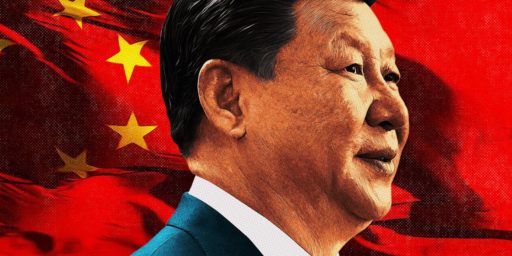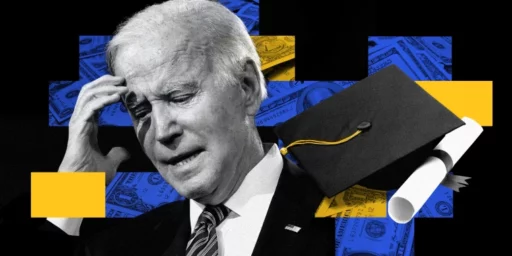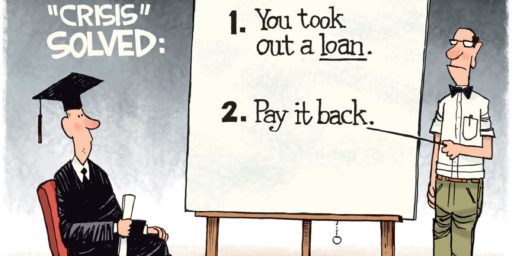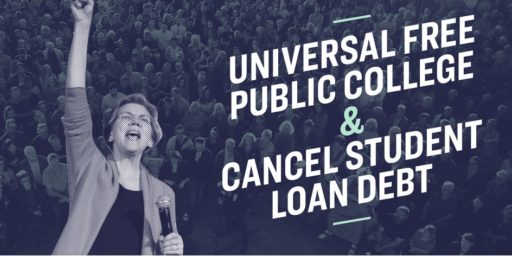Bangladeshi Financial Pioneer Wins Nobel Peace Prize
Muhammad Yunus won the Nobel Peace Prize for his creation of Grameen Bank, a bank that specializes in micro-credit loans to the very poor to help them establish their own businesses and get them started on a path out of poverty. According to the news story the first loan Grameen Bank made was only $27. Here is an interesting story of how Yunus’ loans have helped people out of a continuing circle of grinding poverty.
Sophia Khatoon, a 22 years old skilled furniture-maker in the tiny village of Jobra in Bangladesh, worked 7 long days a week, looked twice her age, and lived in abject poverty. She made stools and chairs out of bamboo, which she had to sell to a money-lender who provided the credit to buy the raw material. The price she received barely covered the costs.
Dr. Yunus, Professor of Economics at the University in the Southern port city of Chittagong who later founded the Grameen Bank – calculated that effectively Sophia was paying interest at the rate of 10% a day, more than 3,000% a year. Yunus could not reconcile the fact that a woman with such skill who worked so hard, produced such beautiful bamboo furniture and created wealth at such high rate was earning so little.
In fact the poor all over the world are trapped in such exploitation. While they work extremely hard and create enormous wealth, the middle-men, money-lenders and employers keep the fruits of their labour. The poor have no access to “institutional credit”, which you and I have, because they can not provide a collateral. The system keeps them firmly trapped in debt, poverty and exploitation.
With a loan of 50 taka (a few dollars), it took Sophia only a few months to establish her own little self-employment, increase her income seven folds and repay the loan.
Most of the borrowers at Grameen Bank are women (95%). The bank has almost 1,200 branches, services in 41,000 villages, and $3.2 billion in assets (link).
Grameen Bank started basically as an experiment and has helped lift millions (mostly women) out of poverty. Seems like a good choice to me for the Nobel Peace Prize.






I am stunned that I can agree with the Nobel peace prize committee. I am truly having a hard time remembering the last one I thought really deserved it (probably Lech Walesa for his part in overthrowing the evil empire). I could argue that this years winner really should have won the economics prize, I also think it is appropriate for him to have won the peace prize.
Perhaps the reports of the Muslim riots in Sweden filtered across the border into Norway and they looked for someone who had a proved track record in undercutting islamofacism.
Thanks for posting this excellent news! At Grameen Foundation, we’re excited to see the word spread about microfinance, as we’re working to bring the Grameen Bank microfinance model to the poorest of the poor around the world. For those new to microfinance: Learn more about microfinance and a bit about what we do to help the poor worldwide. For more details on the Grameen Bank in Bangladesh, Muhammad Yunus has published the very useful Grameen Bank at a Glance.
I suppose even a blind squirrel finds an occasional acorn.
That, or the committee has suffered from an outbreak of mass sanity.
Let’s hope this inspires others to form similar banks throughout the third world. Couple this with secure title to property (DeSoto’s cause I believe) and we will see millions if not billions of poor people raise their standard of living.
Hooray for 21st century capitalism.
“I am stunned that I can agree with the Nobel peace prize committee.”
Actually, I think that most all of the winners were deserving. But to set aside the ones that might be controversial, given the political dynamics ’round here, please explain why you have any problems with the following winners (all since Lech Welesa):
Desmond Tutu
Elie Wiesel
Oscar Arias
Dalai Lama
Aung San Suu Kyi
Mandela – DeKlerk
Belo- Ramos Horta
Campaign against Landmines
Hume – Trimble, N. Ireland
Doctors w/o Borders
Shirin Ebadi
I remember reading about her, and I didn’t have a problem with her winning.
I see you left of “History’s Greatest Monster”.
Indeed. That was precisely my thought as well. Yunus is acting very much like a capitalist in that he promotes entrepenuership and does through via voluntary transactions.
Tano,
Most years I don’t notice the Nobel peace prize winner. When I do, it is usually because of such a poor choice (e.g. Arafat). I remembered Lech as a good choice.
Many of the names on the list I don’t recognize. Others, like Elie I would consider good people, but I question how much they have done for peace. To use Elie as an example, he has done a fair amount for hunting down Nazis and to a lesser extent exposing anti-semitism, but I’m not sure how much that is really connected to peace. Others, like Tutu’s national reconciliation program that set an example on how to transition from civil war to peace would seem a reasonable choice. However, I can honestly say I had no idea that Tutu won the Nobel peace prize until I saw him on your list.
Campaign against Landmines
What I remember about this group is that it cut no slack for situations like the Korean border zone, where extensive use of mines is the alternative to maintaining large standing armies. I contend that the latter is a greater threat to peace.